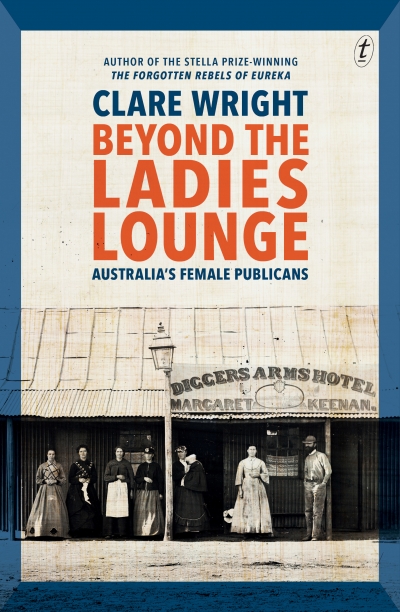Accessibility Tools
- Content scaling 100%
- Font size 100%
- Line height 100%
- Letter spacing 100%
Archive
Shadow of Doubt: My Father and Myself by Richard Freadman
Death Sentence: The decay of public language by Don Watson
George Orwell, born in 1903, was the child of a British Empire civil service family with long Burmese connections, which belonged, as he put it with characteristic precision and drollery, to the lower upper middle class. By the time he went to fight against fascism in Spain in 1936, he had already quit his job in the Burmese colonial police, attempted to drop out of the English class system, and become a writer and a socialist of a notably independent, indeed idiosyncratic, kind.
... (read more)December 2003 | Letters
Unambiguous rodomontade
Dear Editor,
I have not read Elliot Perlman’s new novel, but I was startled by the bilious tone of Peter Craven’s review (ABR, November 2003). It seems to me that whatever critical flaws the book may have could have been elaborated without applying the blowtorch as intensely and personally as Craven did. If Seven Types of Ambiguity was a polemic, Craven’s rodomontade might have been perfectly appropriate, but I thought that he was unfairly harsh. From my impressions, the book is ambitious and no doubt cost Perlman many buckets of sweat and blood to write. Is it not better to encourage literary ambition than to crush it, even when it, in Craven’s estimation, does not succeed?
Hugh Dillon, Drummoyne, NSW
... (read more)







